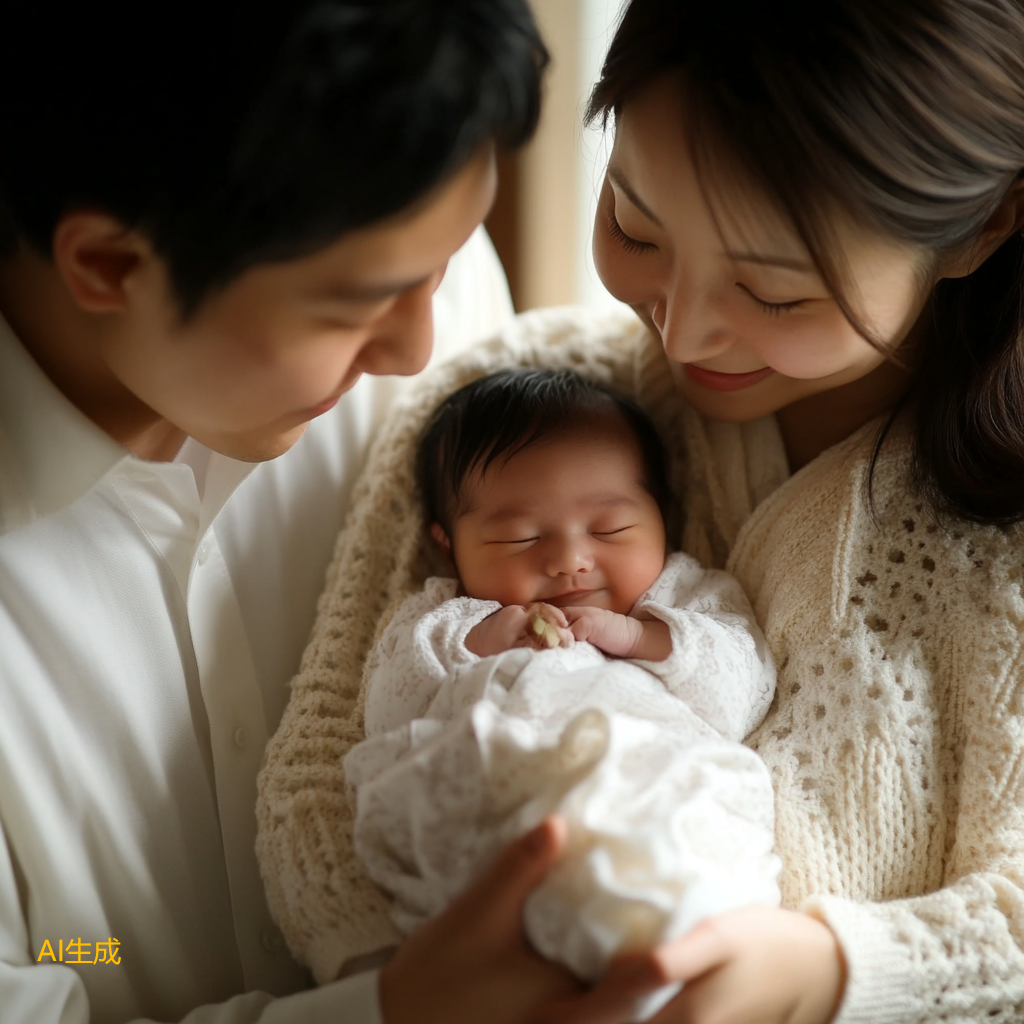According to data released by Japan’s Ministry of Health, Labor, and Welfare, the number of births in Japan in 2022 fell below 800,000 for the first time, reaching 799,700. This represents a decrease of 43,000 from the previous year.
This marks the first time since the start of statistical tracking in 1899 that Japan’s number of births has fallen below 800,000. The rate of decline in births also accelerated from 3.4% in the previous year to 5.1%. The main reasons for this decline are the long-term decrease in the population of women of childbearing age and the decline in the inclination to have children.

At the same time, Japan’s death toll was nearly twice the number of births. In 2022, the total number of deaths in Japan reached a record high of 1.582 million, an increase of nearly 9% from the previous year, highlighting the severe effects of population aging and the pandemic.
Since the outbreak of COVID-19 in early 2020, Japan has reported approximately 72,000 deaths related to the virus. However, the underlying cause of the sharp rise in deaths is societal aging. According to estimates by the Japanese government last month, people aged 65 and over now account for 29% of Japan’s total population.
In a 2017 study, Japan’s National Institute of Population and Social Security Research predicted that the number of births would fall below 800,000 by 2033. However, the actual pace of the decline has been 11 years faster than the institute’s forecast.
Surveys indicate that the cost of living, including education expenses, is making it difficult for young couples to afford raising children, which further exacerbates the decline in birth rates.
The decline in birth rates typically leads to a shortage of future workers and taxpayers, which can harm the economy and public finances.
In a speech to the Japanese Diet in January of this year, Prime Minister Fumio Kishida stated that the decline in birth rates has brought Japan to the “edge of societal collapse,” and emphasized that addressing this issue is a “pressing challenge.”
In recent years, the Japanese government has actively promoted reforms and introduced various economic and social support measures aimed at encouraging young people to marry and have children.
Meanwhile, Japan’s East Asian neighbor South Korea is also facing significant pressure from declining birth rates. Last week, South Korea announced that the number of births in 2022 had decreased by 4.4%, falling to 249,000.




